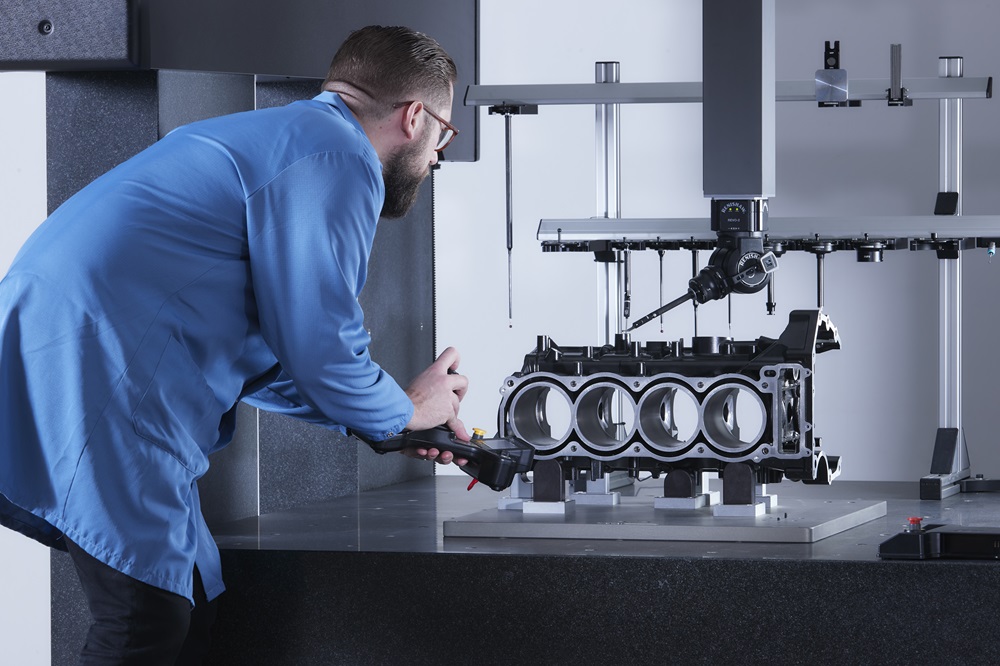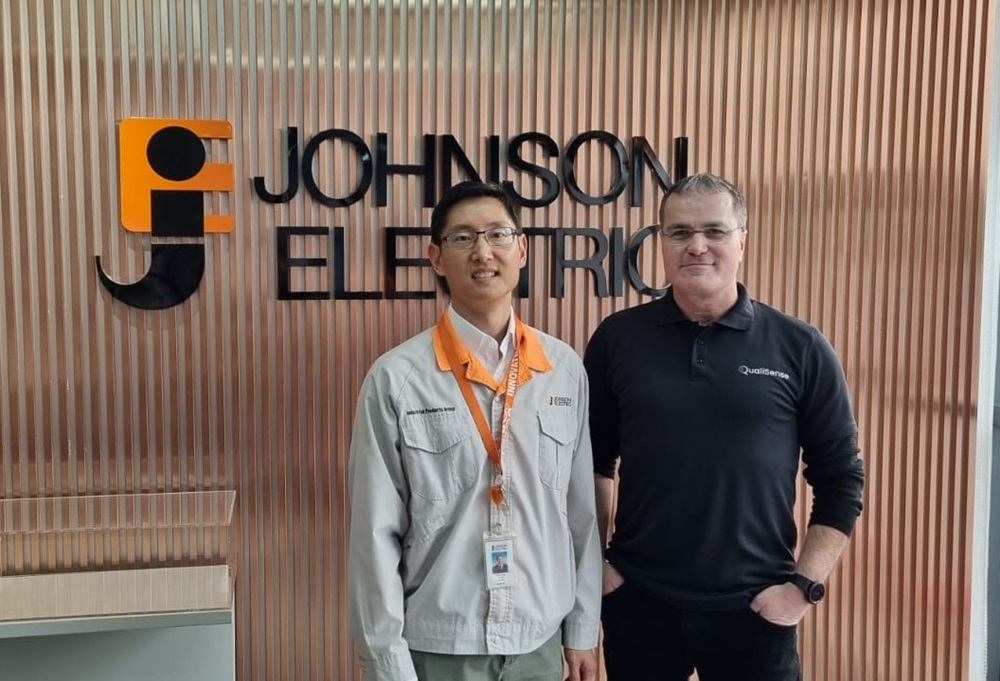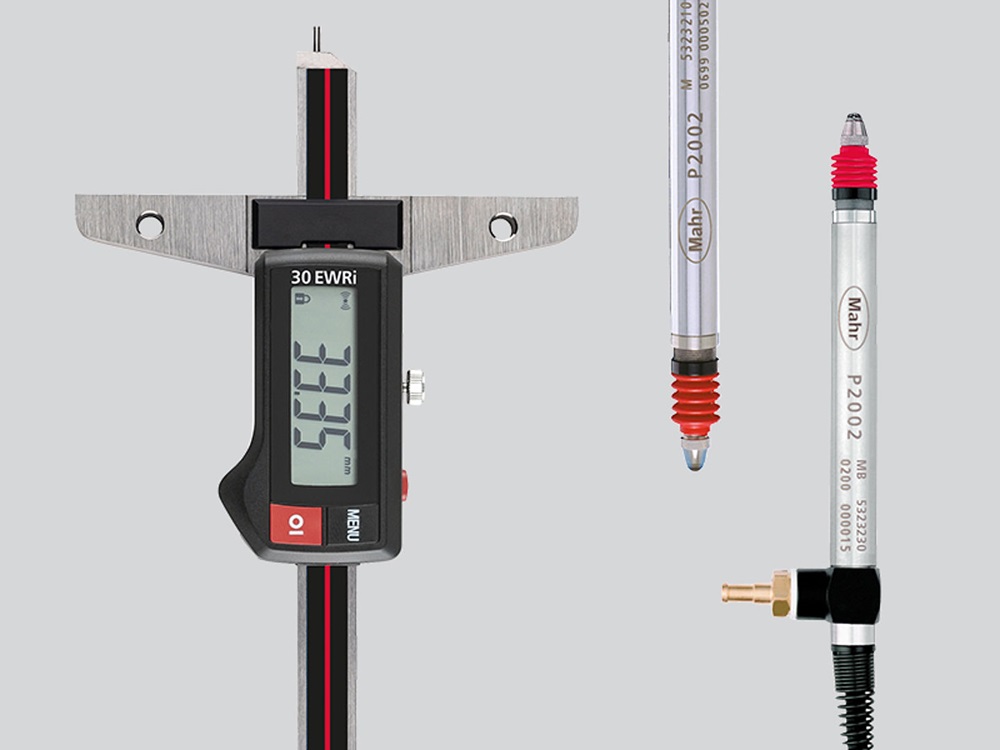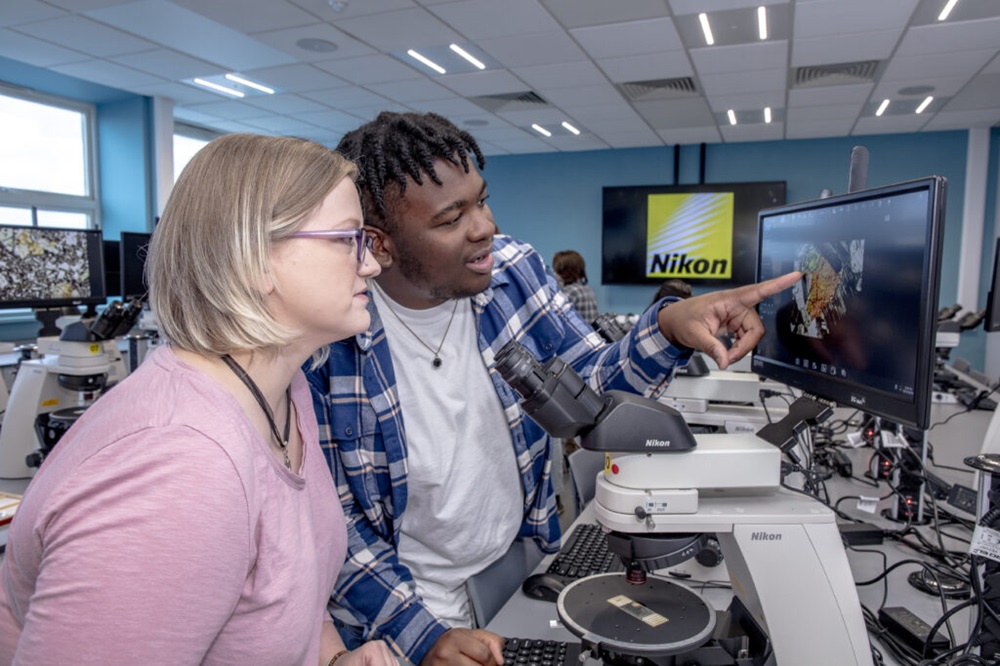Renishaw now offers an extended range of Agility CMMs featuring the company’s Revo five-axis multi-sensor system.
Nathan Fielder, Renishaw’s product manager for Agility, says: “We took Revo and asked ourselves: how can we turn this into an even better solution to meet the challenging demands of high-end manufacturers? The result is the Agility range – CMMs that deliver the advantages of Revo where they matter most: close to the point of manufacture. Our Agility series now includes CMMs for the measurement lab, offering high throughput platforms capable of using any one of seven dedicated Revo sensors.”
The CMMs enable manufacturers to carry out multiple measurement processes and report results on a single device. The full range of Revo sensors is available to Agility CMM users, including tactile touch-trigger and scanning, surface roughness, temperature, ultrasonic thickness measurement and non-contact probes.
The machine’s structure combines granite and anodised aluminium to provide strength, stability and accurate metrology throughout the measuring volume. Critical elements such as bearing design and placement, the innovative cable track arrangement and frictionless linear motors, ensure a stable and repeatable platform when Revo is scanning at high speed. Minimal contact parts prevent friction and thermal instability, while also reducing wear and maintenance requirements. In addition, the elevated and protected Y-axis drive system minimises the moving structural mass and prevents contamination.
Agility L machines, designed for the metrology lab, are specified for a temperature range of 18-22°C to provide high-performance, multi-sensor five-axis measurement in cleanrooms. The single-sided raised Y-axis design with an outrigger leg expands accessibility for manual part loading when automation is not required. Agility L frames are available with working volumes ranging from 500 x 500 x 500 mm up to 1600 x 3500 x 1200 mm.
For further information www.renishaw.com/agility



















